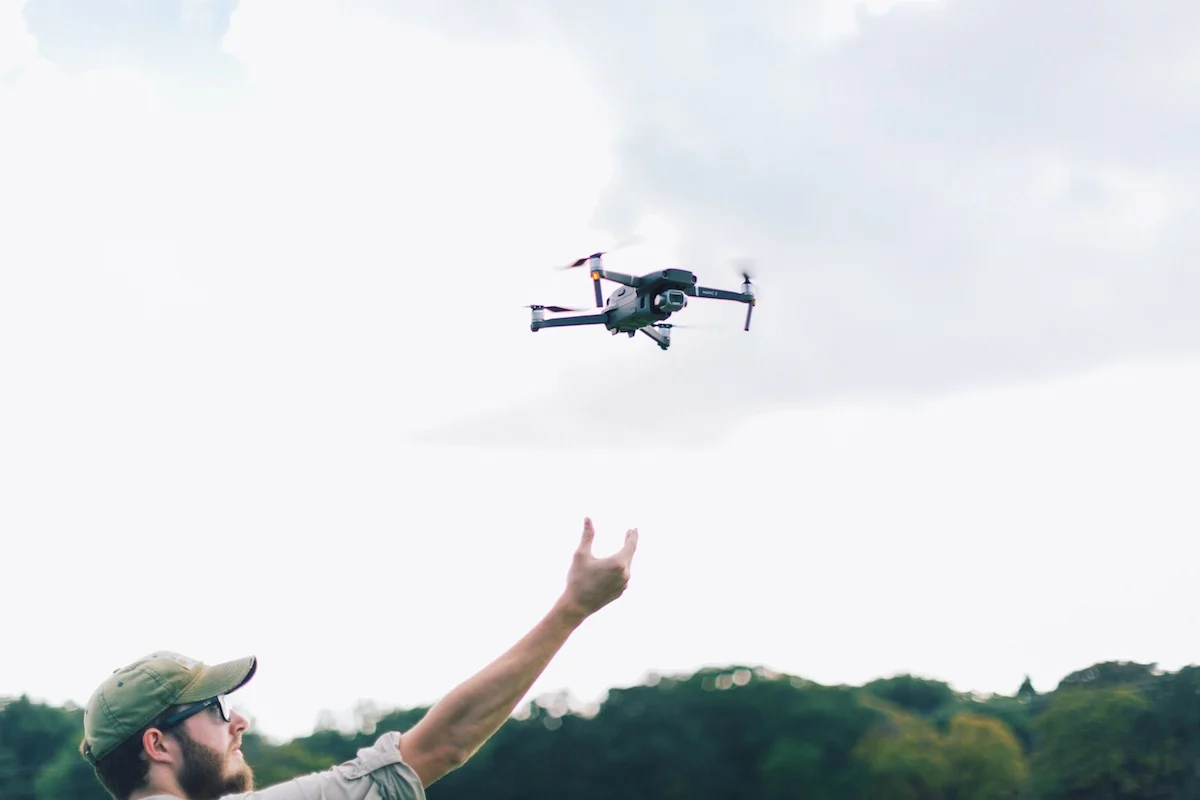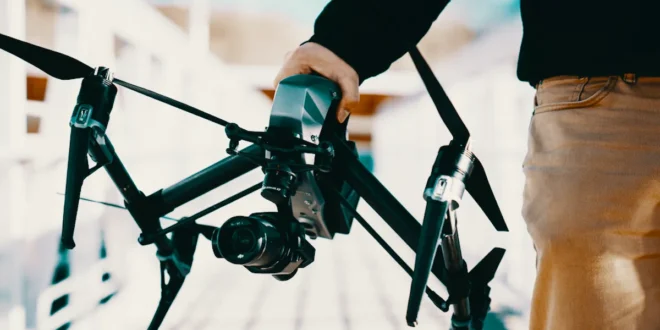Drone videography has carved a niche in the business world, offering unique perspectives that ground-based cameras can’t achieve. If you’re looking to enter this innovative field, there’s a blend of creative skill, technical know-how, and business acumen you need to get started.
Understanding the Market
Before investing in equipment or training, grasp the current drone photography market. This industry serves various sectors, including real estate, film production, weddings, corporate events, and more.
Market understanding helps tailor your services to the demand, providing a competitive edge. Researching the needs of potential clients and the offerings of competitors provides insights into market gaps you can fill.
Legal Know-How
Drone operation isn’t just a skill, it’s regulated. In many countries, commercial drone pilots must obtain a license or certification. This process involves passing an aeronautics knowledge test and registering the drone with aviation authorities.
Understanding airspace regulations, privacy laws, and insurance requirements is crucial. Failure to comply can lead to legal issues and hefty fines.

Choosing the Right Drone
Selecting a drone involves balancing cost with capabilities. For professional videography, a drone with a high-quality camera, gimbal stabilization, and reliable flight controls is essential. Look for drones that offer 4K video resolution or higher, good battery life, and a range of camera settings.
Higher-end drones also offer obstacle avoidance systems and better flight performance, which can be critical for complex shots.
Mastering the Technology
Drone videography isn’t just about flying; it’s about capturing compelling footage. Pilots must learn to maneuver drones smoothly to create cinematic shots. This skill takes practice and a deep understanding of the drone’s camera settings, such as exposure, frame rate, and color balance. Pilots should also be adept with video editing software to turn raw footage into polished products.
Building a Portfolio
Potential clients want proof of your skills. A portfolio showcasing your best work can be the difference between landing a contract or not. Include a variety of shots: sweeping landscapes, tight action sequences, and smooth tracking shots. A well-rounded portfolio demonstrates versatility and the ability to capture different styles of video for various client needs.

Marketing Your Services
Marketing is key to business success. Develop a strong brand and online presence. Create a professional website and use social media to showcase your work and reach potential clients. Networking within local business communities can also open doors. Word of mouth is powerful; delivering exceptional service to every client can lead to referrals and repeat business.
Operational Considerations
Running a drone videography business requires more than just piloting skills and technical knowledge. You need to handle the logistics of running a business, such as scheduling, accounting, and client communications. Develop a system for managing the administrative side to keep your business organized and professional.
In conclusion, starting a drone videography business is an exciting venture that combines the love of technology with the art of filmmaking. With the right preparation, understanding of the market, and commitment to quality, it can become a profitable and rewarding career.
 Hi Boox Popular Magazine 2024
Hi Boox Popular Magazine 2024



